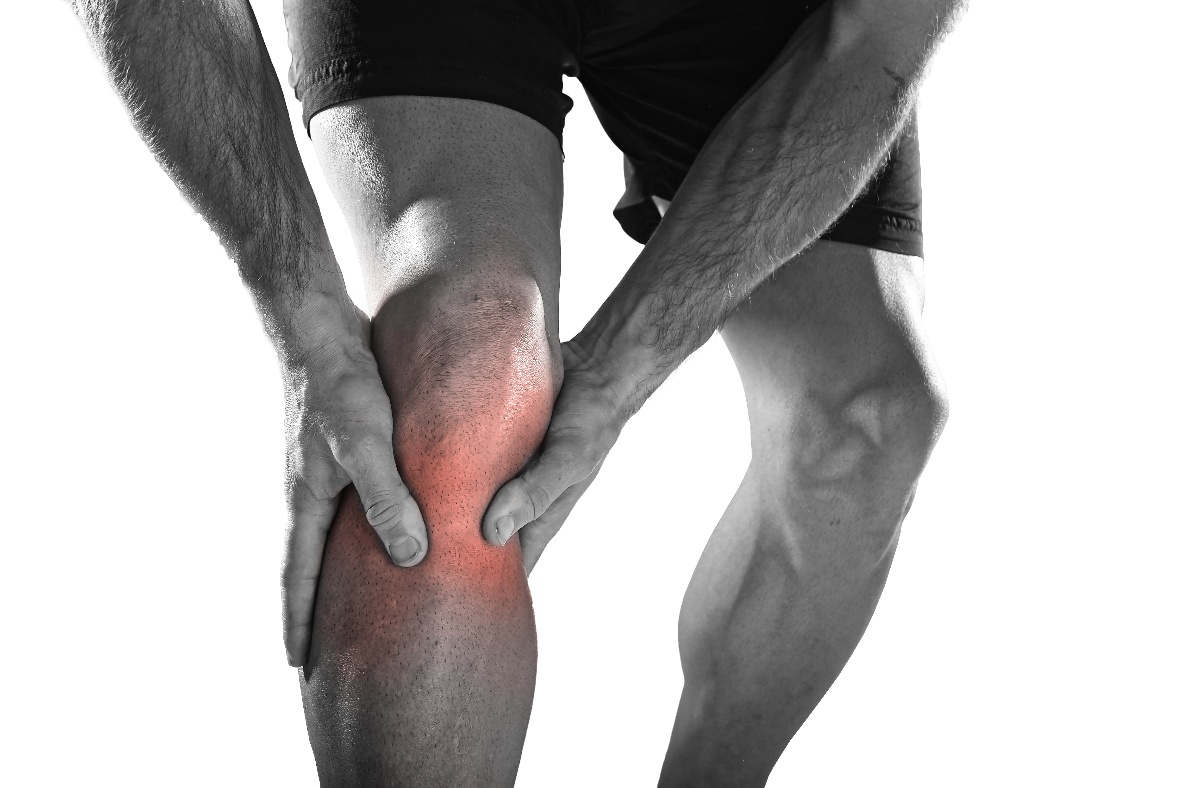Knee pain is very common and, for some people, the pain limits day-to-day activities. In fact, knee pain is the top reason people go to the doctor for musculoskeletal issues, which amounted to almost 19 million people last year alone.
The pain can be in many places and can be caused by a number of different things. Here are a few common issues.
Ligaments
The ligaments connect the lower leg bone to the thigh bone. They keep the knee stable. Injuring the anterior cruciate ligament (ACL), posterior cruciate ligament (PCL), or medial collateral ligament (MCL) can cause pain.
Cartilage
The cartilage is the tough stuff that covers the ends of your bones. It’s flexible, but it can tear. Cartilage on the inside of the knee is the medial meniscus and on the outside is the lateral meniscus. Both can tear, often because of an injury like twisting the knee.
Bursitis
The bursa is a sac under the skin above the knee joint that holds fluid. When the joint moves, it helps prevent friction. Falls, repeated bending, or overuse can irritate the bursa, leading to pain and swelling.
Kneecap
The bones of the knee can break during trauma like a fall or a car crash. The kneecap or patella can dislocate causing pain or swelling.
A piece of bone can also break off and float around in the joint, causing pain.
Patellar tendinitis happens when the tendons that connect the kneecap to the lower leg are inflamed. Often, this happens because of repeating the same motion, like running or cycling.
Patellofemoral pain syndrome is a similar overuse condition where the kneecap connects to the thigh bone.
Arthritis
Arthritis is a common and chronic cause of knee pain. It’s a degenerative condition and there are three main types, rheumatoid arthritis, post-traumatic arthritis, and osteoarthritis.
Rheumatoid arthritis is an autoimmune disease where the tissue around the joints get inflamed and becomes thick, causing damage to the cartilage.
Post-traumatic arthritis happens after a knee injury. Those injuries like fractures and ligament tears can lead to swelling, pain, and stiffness.
Osteoarthritis is the most common type of arthritis and it usually happens as people age. It causes pain, stiffness, swelling, weakness, deformity, and limited range of motion.
Symptoms
Symptoms of knee pain can vary, depending on what is causing the problem. There might be swelling and stiffness, warmth and redness, instability, noises, and you may have problems bending or straightening the knee.
Treatment
Knowing what is causing the pain can help medical professionals treat it. If the pain is a result of an injury or the kneecap is dislocated, see a doctor immediately.
Rest, ice, compression, and elevation (RICE) and over-the-counter medications like acetaminophen and non-steroidal anti-inflammatory drugs (NSAIDs) can be a way to treat knee pain. As always, consult your physician prior to starting any new medication.
If it doesn’t go away, it may be time to see a professional. The medical team at Flexogenix can help. They want to treat your knee pain without surgery. Contact Flexogenix today to schedule your free consultation.






